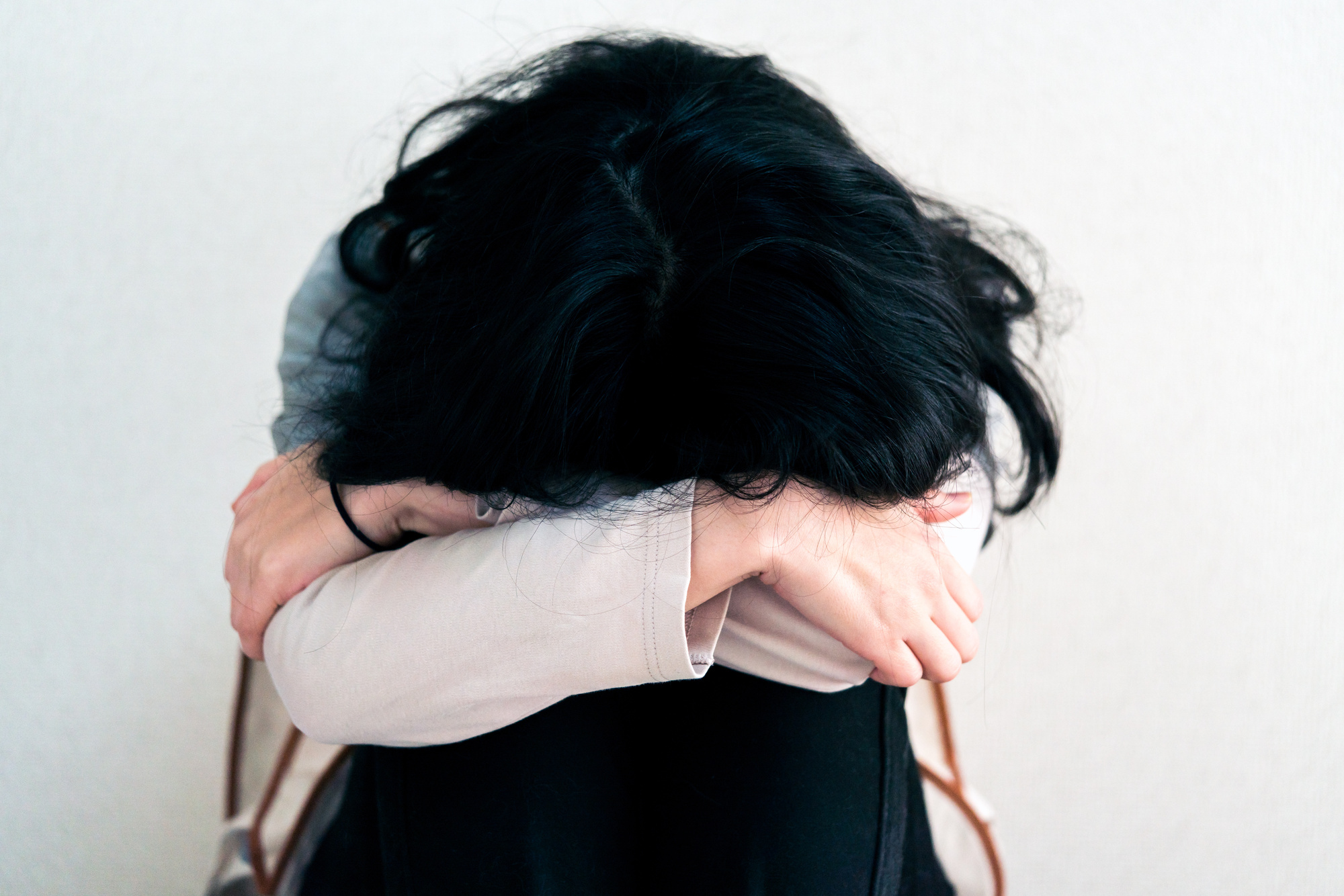
5 Tips For Keeping Your Anxiety in Check During COVID-19

Amid these unprecedented times, 53 percent of Americans report that COVID-19 has had a negative impact on their mental health. This number shows a 14 percent increase from earlier months and continues to rise.
If you suffer from anxiety on a normal basis, the implications that COVID-19 has on everyday life may heighten your symptoms. This is a normal, common experience for many of us.
The good news is, there are steps you can take to gain control of anxiety. These five tips for keeping anxiety in check during COVID-19 can help you relax and get back to enjoying your life.
1. Create a Routine
As humans, we’re creatures of habit. When the state of the world around us seems so uncertain, it’s important to create a routine we can stick to.
For the first part of your routine, be sure to set a wake-up alarm. While it may feel tempting to stay in bed and binge-watch movies all day, this shouldn’t be an everyday occurrence. While it’s important to treat yourself to relaxation every once in a while, set daily goals for yourself and start your day early.
When you wake up in the morning, make hygiene and planning an outfit part of your routine. This can help you to feel a sense of normalcy. Even if you’re working from home, changing out of your pajamas and into work clothes can help you feel more productive.
Studies show that by wearing more formal clothing, our cognitive processing increases. Be sure to incorporate dressing for success into your routine.
If you’re working from home, account lunch hours and short breaks into your routine as well. Your routine must help you stay on track and focused on your goals throughout the day.
2. Stay Connected to Loved Ones
If you’re quarantined at home and unable to socialize as much as usual, it can be easy to disconnect yourself from friends and family. If you’re feeling anxiety from COVID-19, it’s important to stay connected with friends and family even from a distance.
Your loved ones know you, love you, and have your best interest at heart. Chances are, they may be feeling the same way you’re feeling. As we’re all dealing with changes to our everyday routines, talking to friends and family can help you feel heard and understood.
While your loved ones aren’t your therapists, connecting with people who care about you can help release stress and anxiety. Although you may not be able to meet them in person, engaging in daily communication is key to maintaining your relationships.
Consider setting a specific time to call your loved ones and chat, even for 15 minutes at a time. While COVID-19 and an ever-changing world can seem overwhelming, you’re never alone.
3. Treat Yourself
While sticking to a routine and keeping productive is important, it’s also crucial to give your mind a break. With so much happening in the news and around us, our brains can become worn down and stressed out. Be sure to treat yourself to relaxation and be kind to yourself during difficult times.
Try meditating, going for a walk, reading a book, or practicing other forms of self-care. One way to relax and de-stress is to treat yourself to a beauty day. Many beauty and cosmetic items are easy to use at home and can provide spa-like effects.
If you’re experiencing copious amounts of stress and worry, taking a day to prioritize yourself can be a top anxiety treatment.
Another way to treat yourself when feeling stressed is to exercise. This can release endorphins, which are chemicals produced by the body that can reduce stress. If you’ve been at home all day or working often, exercising can focus your mind on burning off stress.
Before working out, be sure to eat healthily and hydrate. After exercising, be sure to stretch and replenish your body with nutrients. When working to stay productive during challenging times, it’s important to keep healthy and nourished.
4. Stay in Tune With Your Body
If your stress stems from health concerns from COVID-19, it’s important to stay in tune with your body. While it’s easy to become concerned about any small symptom, knowing the signs and where to seek medical attention can help ease your mind.
Understanding the difference between allergies, the common cold, and COVID-19 is key. If you become ill, don’t panic. Know your local testing sites, remain quarantined, and practice social distancing.
It’s understandable to worry and become anxious about your health. During these uncertain times, it’s a common occurrence for many. Staying educated, safe, and nourishing your body is one of the best ways to ease anxiety.
5. Talk to a Professional
If you suffer from social anxiety disorder or other signs of anxiety, there is no shame in getting help. Surveys show that one in eight adults seek professional mental health guidance per year. Talking to a professional can be an empowering tool to help you feel better.
While some forms of anxiety are treatable with at-home remedies, others may need medication or regular therapy. With a quick search of the internet, you can find professional treatment near you. If you’re not comfortable meeting in person, many professional therapists offer services over the phone or video chat.
Remember, it’s okay to ask for help. Many people seeking professional help are provided with life-changing techniques for coping with anxiety and stress. If you’re feeling depressed, anxious, or want someone to talk to, seek professional help today.
Take Control of Your Anxiety Today
It’s true, pandemics are stressful. We must prioritize our mental health and seek out the help we may need. If you’re struggling with anxiety from COVID-19, you’re not alone.
By implementing these five top tips into your life, you may find the much-needed relief and relaxation you deserve. If you’re suffering from severe mental health issues or anxiety attack symptoms, be sure to seek professional help as soon as possible.
For more helpful medical information or specific questions, visit the rest of our website or contact us today.
Related Posts


Painful Periods: A Sign of Fertility or Something Else?
April 17, 2024